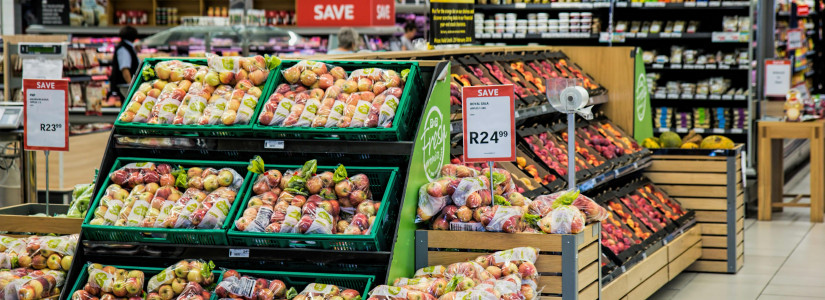How Inflation Has Impacted SNAP Benefits and Food Assistance
With inflation rates reaching historic highs in 2022, many Americans have struggled to afford basic necessities like food. For low-income families already living paycheck-to-paycheck, putting food on the table has become even more difficult.
The Supplemental Nutrition Assistance Program (SNAP), commonly known as food stamps, provides crucial food stamp support for these households. However, until recently, SNAP benefits hadn't been adjusted to account for decades-high inflation.
Starting October 1, 2023, SNAP recipients will see their monthly benefits increase substantially.
This adjustment reflects the first real increase in SNAP households' buying power since the late 1970s. With food prices up 10% from last year, the extra SNAP assistance couldn't come at a more critical time.
The United States Department of Agriculture (USDA), which oversees SNAP, recalculates benefit allotments every October. For 2023, the maximum monthly benefit for a family of four will rise from $835 to $939. That's nearly a 13% increase and the largest bump in the program's history.
For context, that's approximately $1,248 more per year that a family can allocate towards groceries.
The increase stems from cost-of-living adjustments tied to inflation. While SNAP payouts have gone up incrementally most years, they've never before kept pace with actual food price inflation.
This year's historic rise will help offset the effects of inflation for the 43 million Americans relying on SNAP.
While anti-hunger advocates applaud the increase, many argue it's still insufficient.
With inflation remaining stubbornly high, families will likely continue facing hardship even with the additional benefits. Lawmakers are evaluating further expansions to SNAP eligibility and payouts in 2023 to ensure all Americans can afford to eat.
Related Articles
Stay ahead of the curve
Equip yourself with the knowledge to tackle inflation head-on, and access exclusive resources designed to help you thrive despite economic challenges.
Get Started











